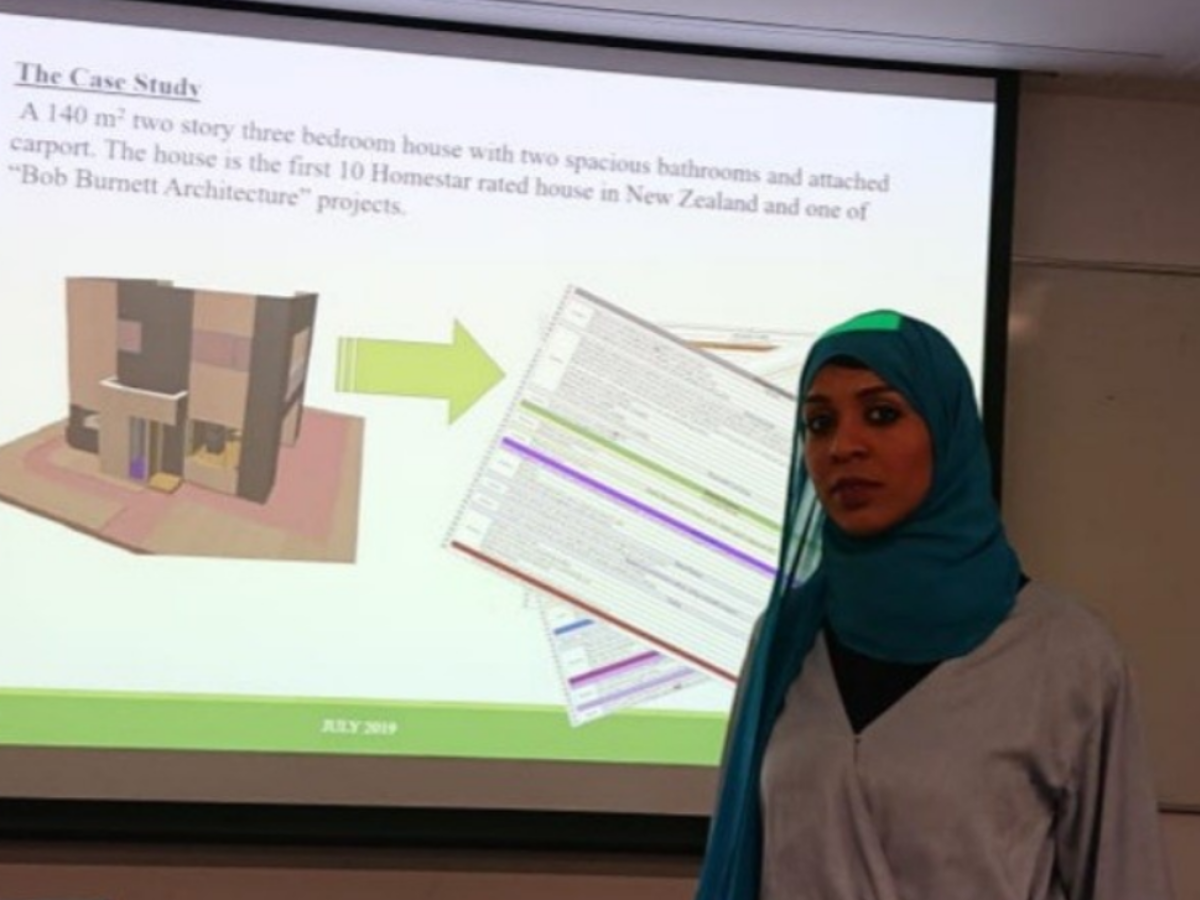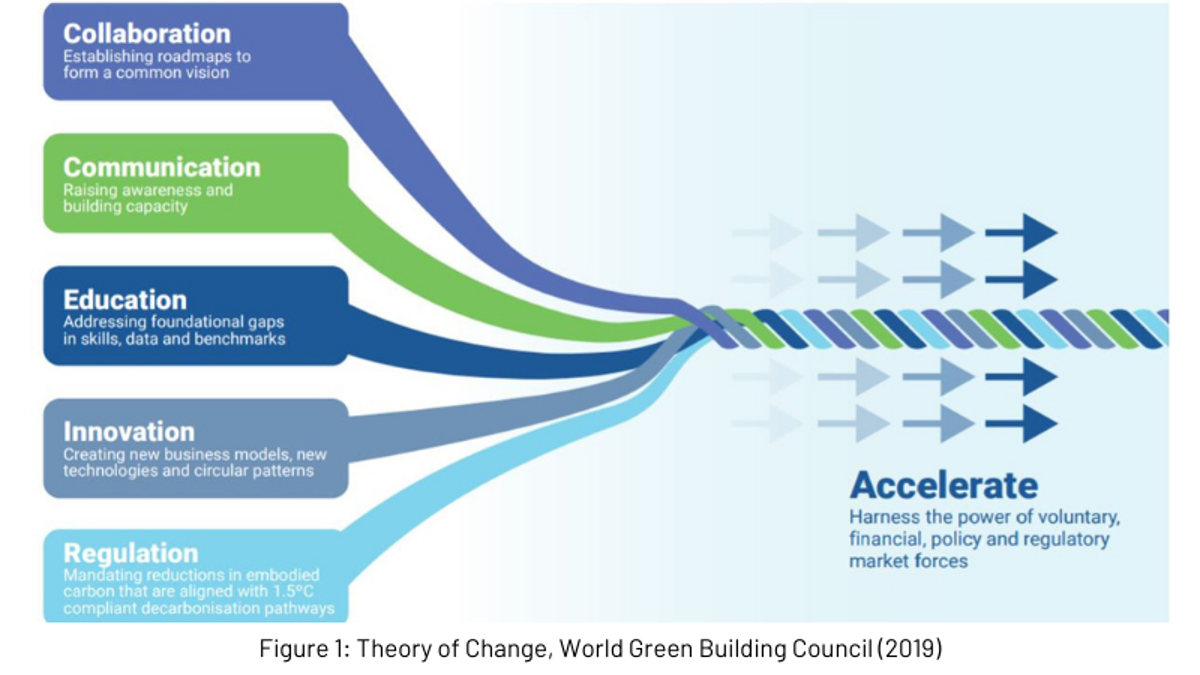By Fatma Abdelaal


Fatma Abdelaal

Why are green buildings important?
The built environment has been considered as one of the largest contributors to climate change. However, encouragingly over the past few years, tremendous efforts have been made to reduce carbon emissions from buildings through renewable energy and energy efficiency technologies.
The concept of green buildings was introduced in the 1990s as an innovative approach to implementing and achieving sustainability in the built environment. A ‘green building’ is defined as a building that reduces negative environmental impacts on occupants and the planet in its design, construction, and operation.
Building for climate change requires a ’considered and environmentally-conscious' design in order to reduce carbon emissions. Luckily, sustainable design approaches and advanced green technologies, such as green buildings, exist, so carbon reduction targets are achievable.
In order to achieve those targets, more emphasis must be placed on ‘a collaborative and supportive relationship between stakeholders, as stated in The World Green Building Council (WGBC) released in 2019. The report highlighted the role of stakeholders in shifting the building sector towards sustainability (Figure 1), stating that decarbonizing the whole lifecycle of buildings before 2050 is possible if stakeholders across the building value chain work collaboratively together.

However, scientific research on the differences between multiple stakeholders' perspectives on green buildings is still limited.
Stakeholder engagement: a crucial element
To bridge the knowledge gap, connect industry with academia, and contribute to sustainable urban development, I designed my PhD research to investigate the knowledge and attitudes of key stakeholders (i.e., architects, engineers, developers, contractors, suppliers, and others) towards green buildings.
I am seeking to understand current green building practices in New Zealand in order to identify the barriers to increasing the uptake of green buildings - considering that uptake is still relatively low in New Zealand and around the world. I am also evaluating the validity and reliability of green building rating systems based on the Life Cycle Assessment (LCA), which is a scientific-based methodology to assess the potential environmental impacts of a building throughout its lifecycle.
The outcome of my PhD research will provide a holistic picture and a systematic understanding of multiple stakeholders' attitudes and practices towards green buildings. I hope to propose insightful, science-based recommendations to policymakers and stakeholders in the sector, with a view to overcoming the research-to-policy gap, and contributing to the improvement of existing climate action policies and environmental assessment methods for buildings.
